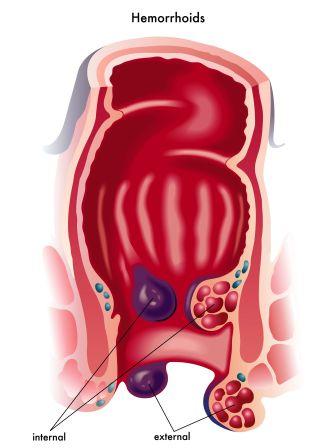Ankol Alangium Salviifolium Remedies: Dysuria, Hemorrhoids
By Dr MS Krishnamurthy MD(Ayu) PhD.
Table of Contents
Introduction
Alangium salviifolium is well known herb in Ayurveda system of medicine as Ankol. It is used in Tantric and ancient agricultural practices (Vriksha Ayurveda). It is used for the treatment of hemorrhoids, dysuria etc.
The plant belongs to Alangiaceae. It is known as Sage leaved alangium in English.
It is found in China, Srilanka and Philipines. In India, Gujarat, Kerala and Karnataka are its habitat.
It is used by the folklore practitioners in dog bite, poisoning, ascites etc.
Chemical composition
Chemical composition of the plants are epi-α-cadinol, trans-2-hydroxycalamenene, cadalene, cadina-4, 10(15)-dien-3-one, 8-dihydroxycalamenal etc.
Uses
Barks as well as fruits are used in therapeutics. Whereas Ankola beeja taila (Alangium Salvifolium seed oil) is used to process several seeds before germination so as to get the higher percentage of germination especially in the seeds which have hard coverage.
The fruits of the plant are known for its laxative , aphrodisiac, expectorant, carminative and antidote action against snake bite.
The seeds are proved to be analgesic, anti-inflammatory, anti-arthritic, anti-rheumatic, antispasmodic, carminative, anthelmintic, hypoglycemic and Antipyretic action.
In Gujarat the Pahadi people use it to treat the rat bite with Ankol seed.
The seeds balance Kapha and Vata Dosha and bark is a styptic (checks the bleeding).
Read related: Alangium salvifolium: Ankola Uses, Dose, Research, Side Effects
Home remedies
Some of the simple and effective remedies of Ankol is referred here below-

Haemorrhoids
1. Fruit pulp in bleeding piles/haemorrhoids:
Well mature fruits of Ankola are taken and fine paste is made. Small amount of jaggery or palm jaggery may be added. This is administered in the dose of 20-30 gram once in a day. This practice should be carried for 20-30 days for the treatment of hemorrhoids.
Dysuria
2. Ankol Bark powder for dysuria, urine obstruction:
2-3 gram of bark powder is administered along with tender coconut water or lemon juice (Sharabath). This relieves dysuria and obstruction of urine quite effectively.
Chronic ulcers
3. Oil application in painful wounds and chronic ulcers/ gangrene:
Ankola seed oil is applied over painful wounds or ulcers. Even in the gangrene conditions this can be applied and significant benefits are observed.
Ring worm
4. Ankola Root powder or paste for dhobi itch and ring worms:
In Dhobi itch and ring worm, the roots of ankola are rubbed well with lemon juice or lime water and applied. 8-12 days medication gives considerable benefits.
Seed germination
5. Germination of the seeds:
If any of the seed is not germinated in spite of multiple trials, the seeds are soaked in Ankola seed oil for a day and later kept in the middle of the cow dung. This helps to increase the chances of germination in most of the conditions.
Ankola is not only a herb of use for internal and external purpose. Tantric practitioners use it for agnisthambhana (withstand the heat of fire) and for Vasheekarana (black magic). Yes! Knowledge is infinite. How we use it andfor what purpose is the main theme behind the utility of a herb.
Click to consult Dr MS Krishnamurthy MD(Ayu), PhD









